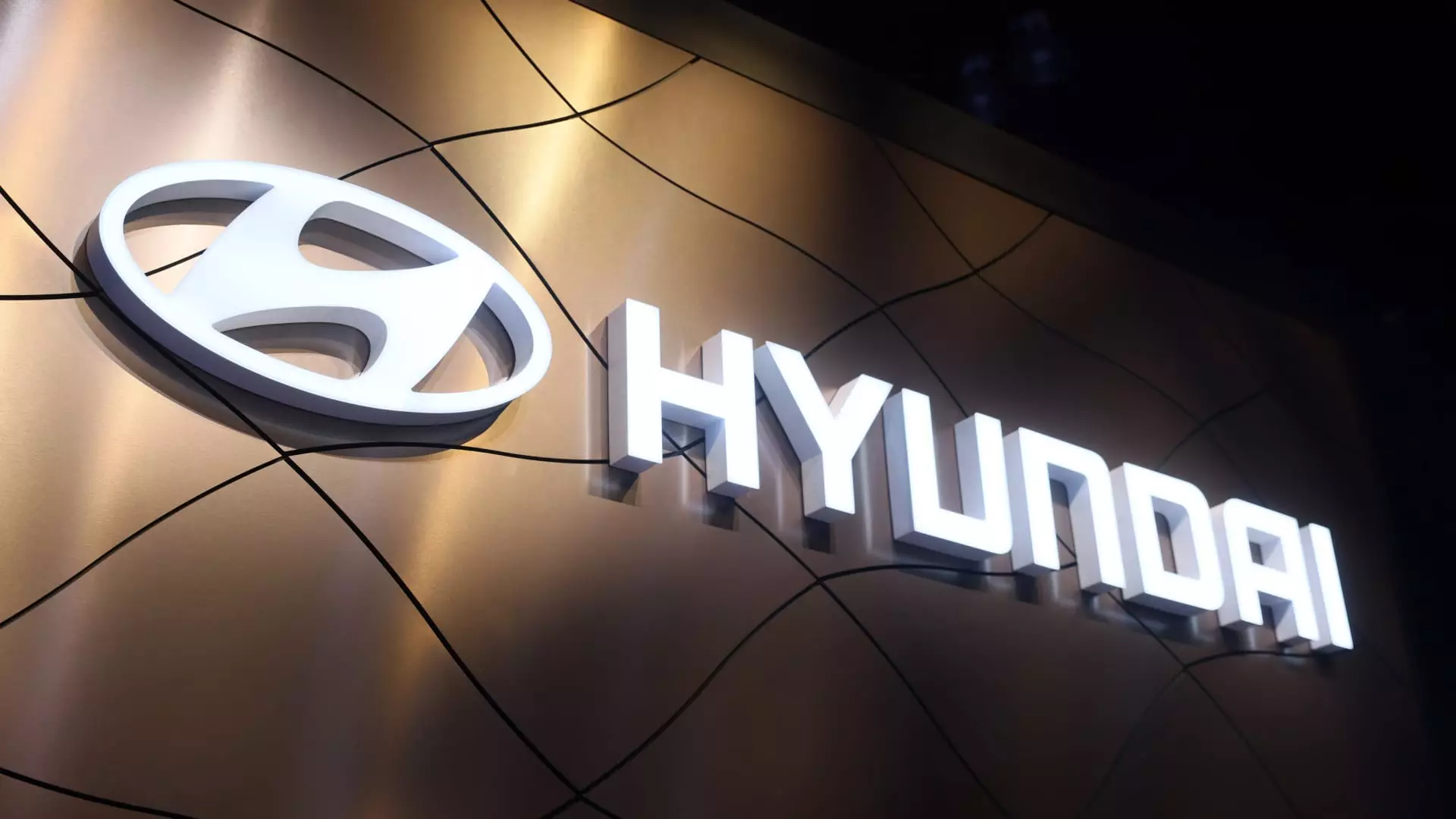The automotive industry constantly faces challenges regarding vehicle safety and reliability, but recent announcements from Hyundai Motor North America have stirred significant concern among their customers. A recall involving over 42,000 vehicles has been initiated due to a serious wiring issue that poses a risk of unintended rollaways. This incident highlights not just the technical troubles within the company but also raises questions about their response mechanisms and communication strategies.
According to a notice issued by the National Highway Traffic Safety Administration (NHTSA), the recall affects the 2025 Hyundai Santa Cruz and Tucson models. The problem lies in the vehicles’ transmission systems, which can shift from “park” without the need to engage the brake pedal. This defect significantly elevates the risk of accidents and injuries, making it one of the more alarming recalls in recent times. The total number of affected vehicles—over 42,000—includes a considerable majority consisting of more than 35,500 Tucson SUVs and approximately 6,900 Santa Cruz hybrids.
These models serve distinct market segments, with the Santa Cruz being positioned as a stylish pickup truck, starting at retail prices above $33,000, and the Tucson being an SUV with prices beginning at over $28,000. Notably, while the Tucson lineup will soon introduce hybrid and plug-in hybrid options, potential buyers may now reconsider their purchase decisions as safety becomes paramount. The uncertainty regarding how this recall might affect the upcoming models is concerning, particularly for Hyundai’s marketing strategy.
The NHTSA has recommended that vehicle owners take precautionary measures, advising them to always use the parking brake when parking to mitigate any risks. Although the company has yet to report injuries, deaths, or accidents linked to this defect, the mere existence of such a flaw invites scrutiny of Hyundai’s quality control processes. A letter is scheduled to be sent out to affected owners on January 19, 2025, to provide further instructions and guidance on rectifying the issue.
Remedying the flaw involves dealers re-routing the console extension wiring assembly, a task that Hyundai assures will be performed free of charge. This approach is a positive acknowledgment of the seriousness of the issue and reflects a commitment to customer safety. However, proactive measures such as timely communication could significantly enhance customer trust.
Broader Implications of the Recall
Hyundai’s recent troubles aren’t isolated to this recall. The company also announced a separate recall impacting over 145,000 electric models from its Genesis and IONIQ brands, which highlights deeper systemic concerns within the company’s operational oversight. The electric vehicles in question, including the IONIQ 6 and the Genesis GV60, are facing issues with the integrated charging control units. These units may fail, rendering the vehicle inoperative and limiting charging capabilities, thereby compromising the reliability of Hyundai’s electric lineup.
For a major manufacturer, the recurrence of such significant issues can lead to a decline in consumer confidence. Customers must have faith in their vehicles to function as expected, especially as they navigate towards more advanced technologies like electric vehicles. Not only do these recalls threaten to hinder sales, but they may also impact Hyundai’s growing reputation as an innovator in the automotive space.
While Hyundai is taking steps to address immediate safety concerns, it faces the long-term challenge of repairing consumer trust and ensuring that future vehicles meet stringent safety standards. As competition intensifies in the automotive sector, particularly among electric vehicle manufacturers, Hyundai must prioritize quality and reliability over rapid expansion.
Ultimately, the success of any automaker hinges on their ability to learn from past mistakes, engage honestly with their customers, and foster an environment of trust. Hyundai’s forthcoming strategies must not only resolve existing defects but should encompass comprehensive safety evaluations to reassure consumers that the brand is committed to their safety and satisfaction. The road to recovery is long, but Hyundai’s handling of this recall can serve as a bellwether for their future operations and reputation in the market.


Leave a Reply